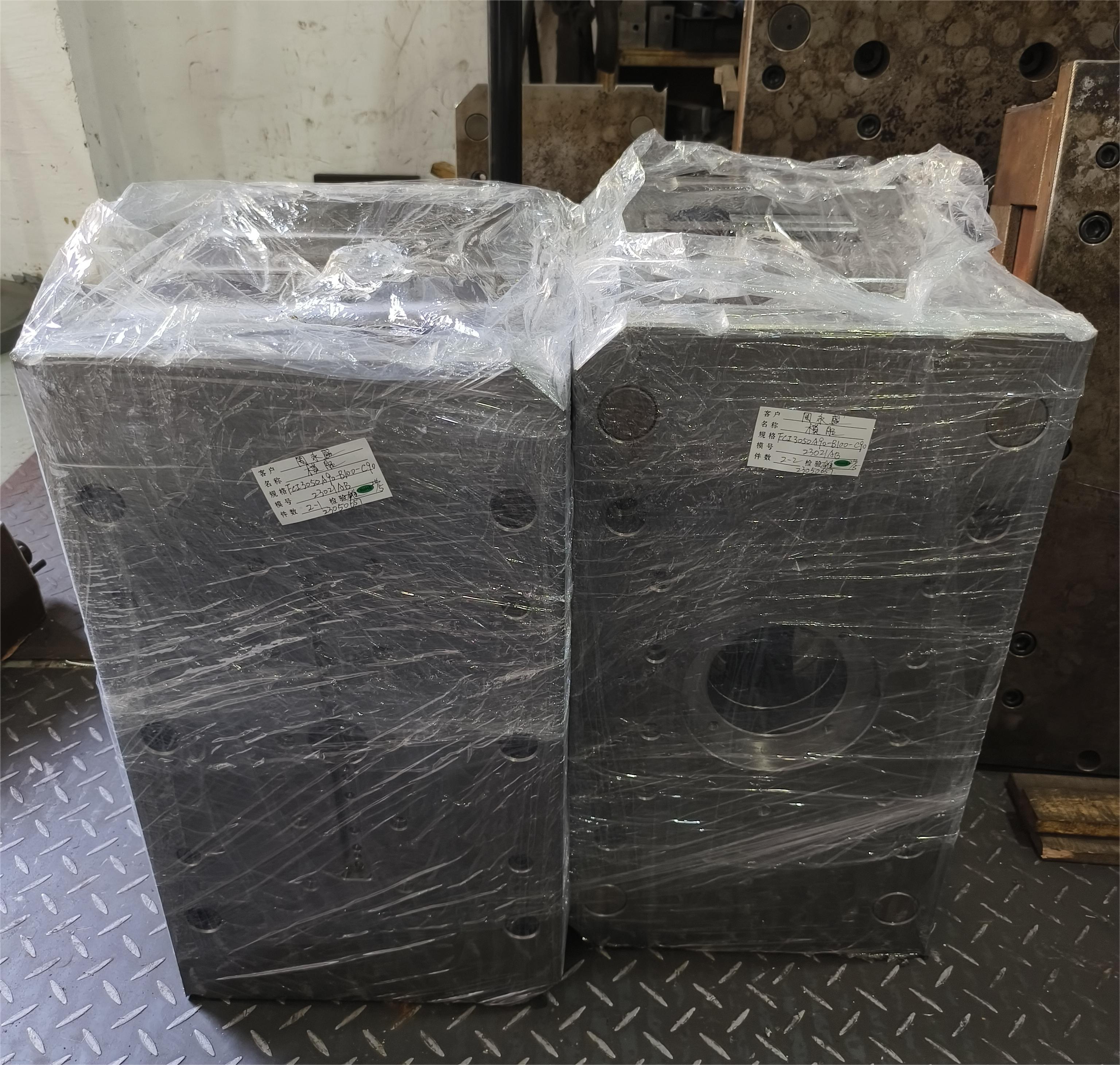The Importance of Copper in Modern Technology
Copper is a vital component in almost every piece of technology that we use today. From smartphones to electric vehicles, its excellent conductivity makes it the preferred choice for wiring and components. The increasing global reliance on electronic devices has consequently led to a surge in the demand for copper, particularly in technologically advanced countries like South Korea.
The Growth of South Korea's Technology Industry
South Korea is home to some of the world's most significant tech companies, including Samsung, LG, and SK Hynix. These companies have been at the forefront of technological innovation by focusing on products that require a high volume of copper due to their electronic components. As these companies expand their production capacities and innovate further, the demand for copper is expected to rise correspondingly.
The Role of Electric Vehicles
The shift towards sustainable energy sources has spurred the demand for electric vehicles (EVs), which are heavily reliant on copper for their electric wiring and components. South Korea, aiming to increase its EV production, is positioning itself as a key player in the global EV market. This transition alone is anticipated to increase copper consumption significantly, making it a crucial raw material for the country’s future.
Impact of Government Policies
South Korean government policies aimed at promoting technology and renewable energy have fortified the growing demand for copper. Initiatives to increase electric vehicle ownership and expand semiconductor manufacturing have put greater pressure on copper supplies. The government’s vision to reduce carbon emissions while fostering technological advancements lays the groundwork for a sustainable future powered by copper-rich technologies.
Global Supply Chain Challenges
The rising demand for copper is not without challenges. Global supply chain disruptions, exacerbated by the COVID-19 pandemic, have hindered copper mining and processing operations. South Korea’s dependence on imported copper raises concerns over supply stability. Companies are encouraged to consider alternative sources or investments in local mining to mitigate these risks.
Technological Innovations in Copper Usage
Innovations in technology have led to new applications for copper, particularly in the fields of telecommunications and data transmission. South Korea’s 5G rollout is a prime example where copper remains integral due to its ability to enhance signal transmission quality. This ongoing technological advancement necessitates a steady and reliable supply of copper, influencing market dynamics.
Environmental Considerations
With increased demand, the environmental impact of copper mining has come under scrutiny. Sustainable practices need to be adopted to minimize ecological harm while meeting the rising demands. Waste management and recycling processes must be enhanced to ensure copper is reused and reintroduced into the market efficiently.
Conclusion
In conclusion, copper's role in South Korea's technology sector cannot be overstated. The rising demand fueled by technological advancements, electric vehicle production, and governmental policies indicates a robust growth trajectory for copper in the coming years. As companies navigate the challenges related to supply chain disruptions and environmental stewardship, strategic planning and investment in alternative resources will be key. Ultimately, the future of technology in South Korea hinges significantly on the availability and application of copper.
FAQs
What is the primary use of copper in technology?
Copper is primarily used for electrical wiring and components due to its excellent conductivity properties.
Why is the electric vehicle market increasing copper demand?
Electric vehicles require copper for various components, including wiring, motors, and batteries, leading to a surge in demand as production scales up.
How is South Korea addressing potential copper supply shortages?
South Korea is exploring alternative sources, investing in local mining, and enhancing recycling processes to address potential copper supply shortages.
What role does the government play in copper demand?
The South Korean government actively promotes technology, EV adoption, and renewable energy initiatives, all of which drive up the demand for copper.
Are there environmental concerns with copper mining?
Yes, copper mining can have significant environmental impacts. Sustainable mining practices and recycling are essential to mitigate these effects.

